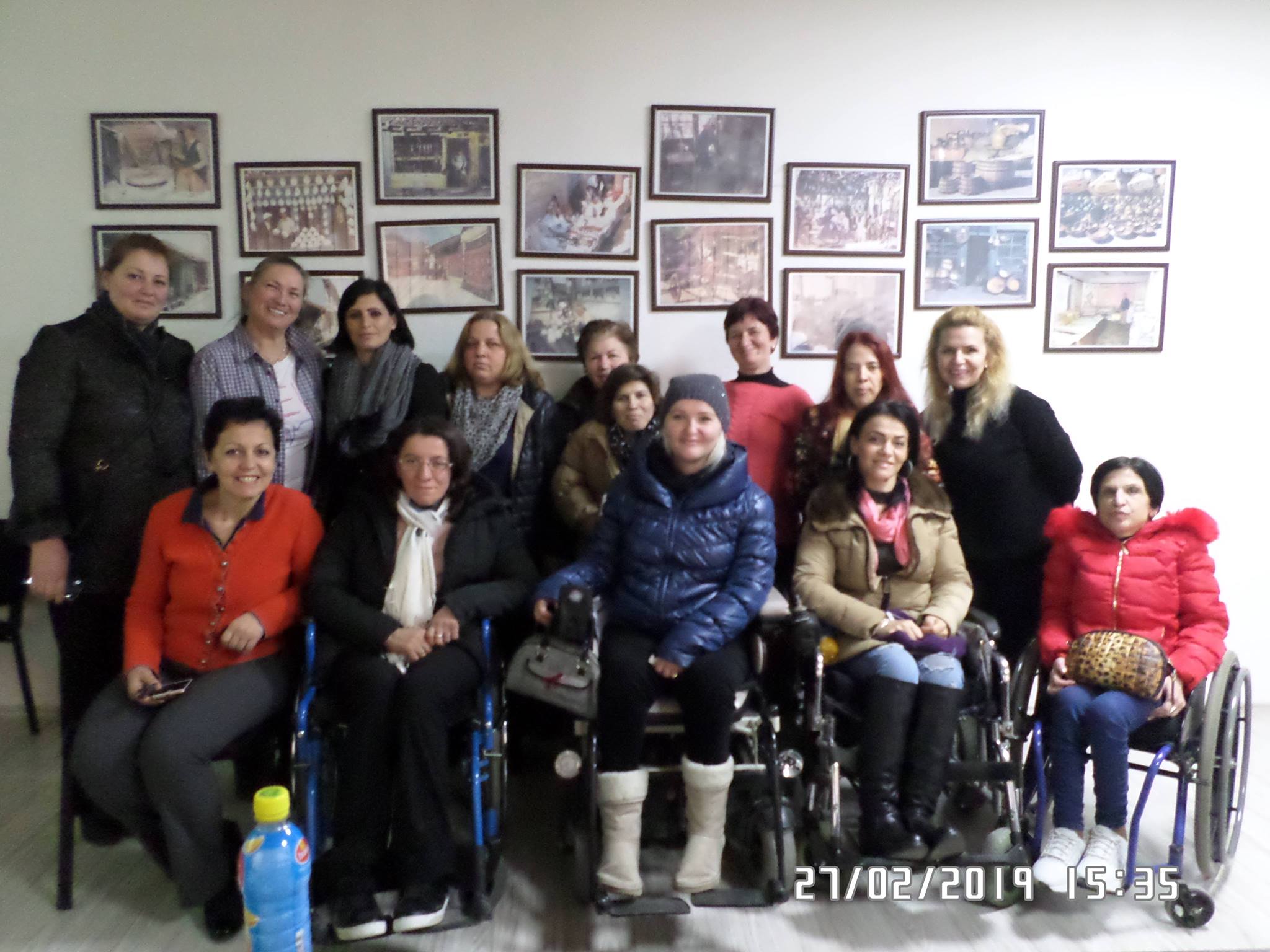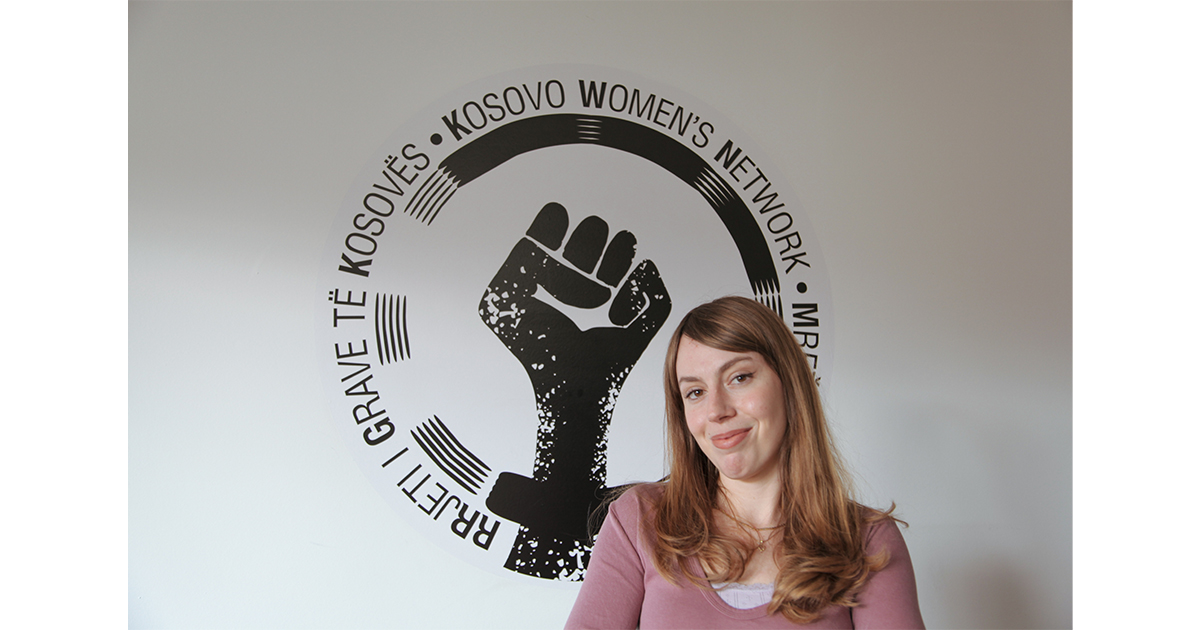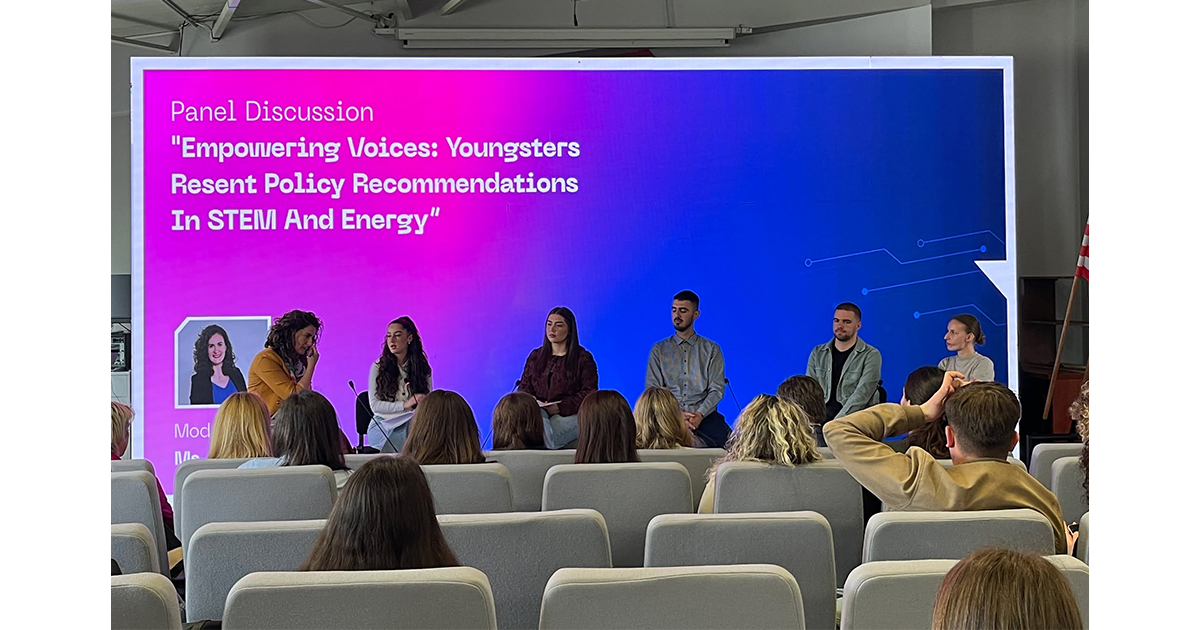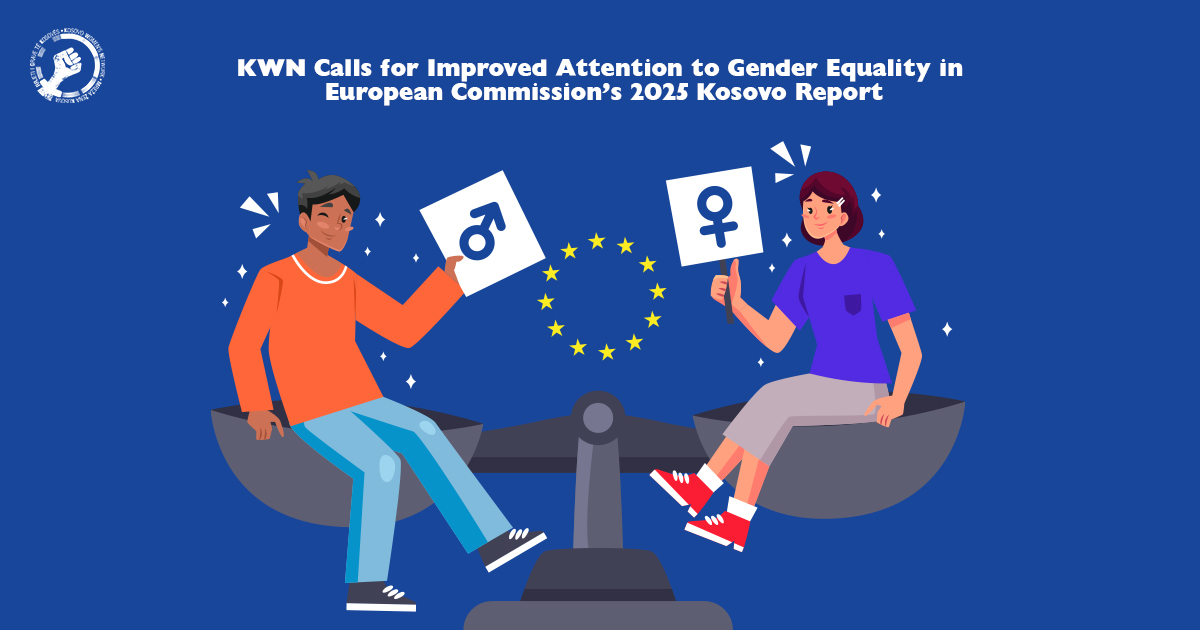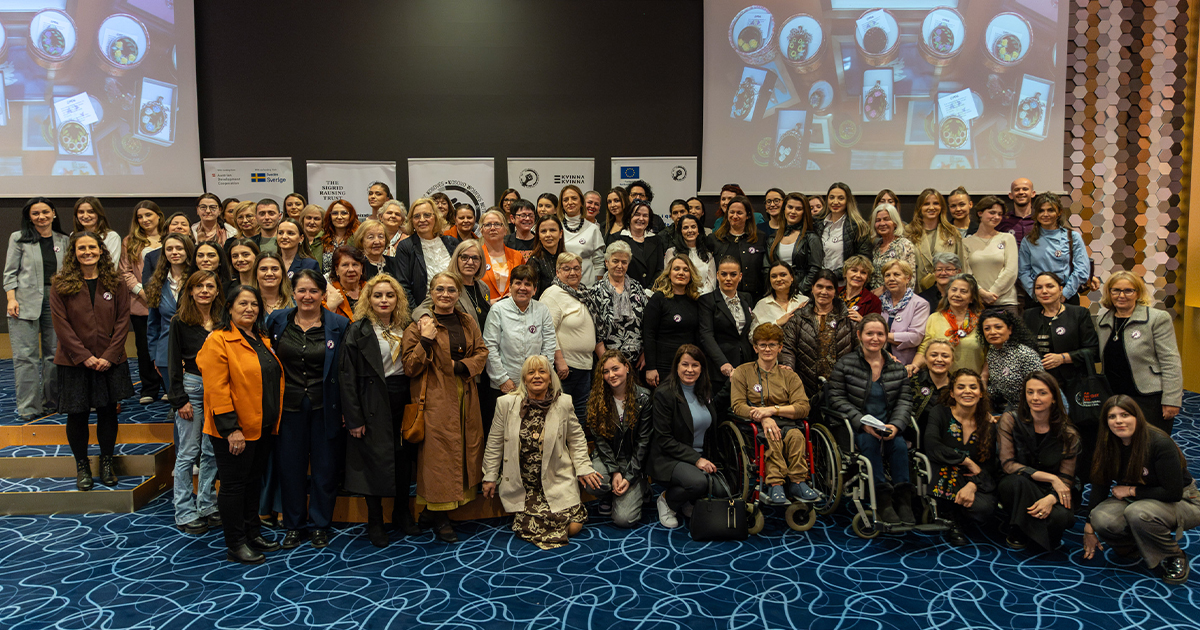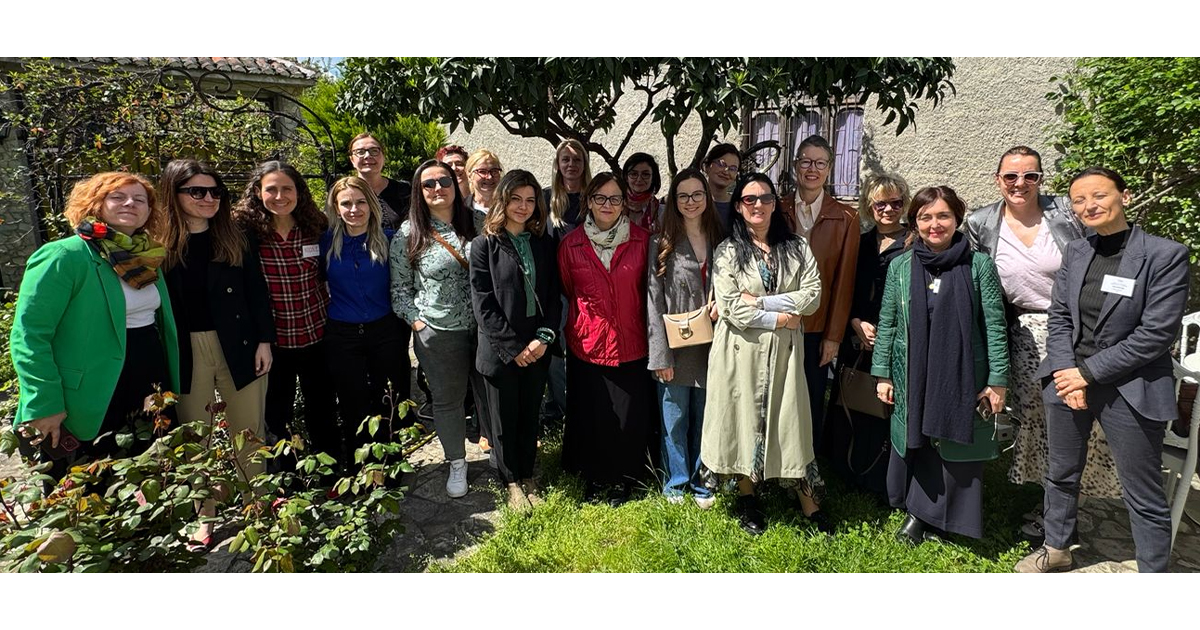On Feb.27 the Organization of People with Muscular Dystrophy (OPDMK) held a meeting in Prizren to discuss issues related to reproductive health, intimate hygiene and about measures preventing sexually transmitted diseases. This initiative was undertaken in the framework of the action “Health for everybody”.
12 women were present in this meeting, some of them with disabilities, and the rest were mothers of children with disabilities.
Teuta Daullxhiu, Medical doctor interacted with the participants about the importance of reproductive health, while advising that this issue must never be neglected.
The significance of Papanicolaou test (abbreviated as Pap test) and Sexually Transmitted Diseases were two of the topics that were discussed in the continuity of the conversation.
“Unlike in other places, in Kosovo does not exist a National Plan in helping women and girls to carry a Pap test, therefore the awareness on this topic remains low”, said Daullxhiu.
This initiative was supported by Kosovo Women’s Fund (KWF) of Kosovo Women’s Network (KWN), and is financed by Austrian Development Agency (ADA).

